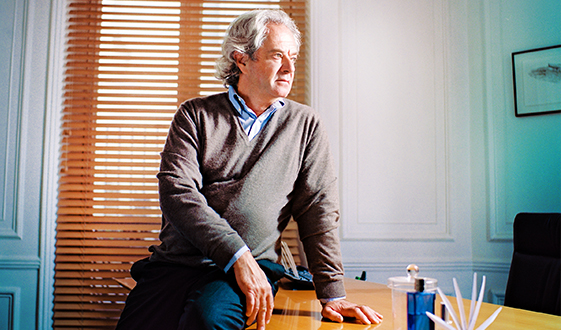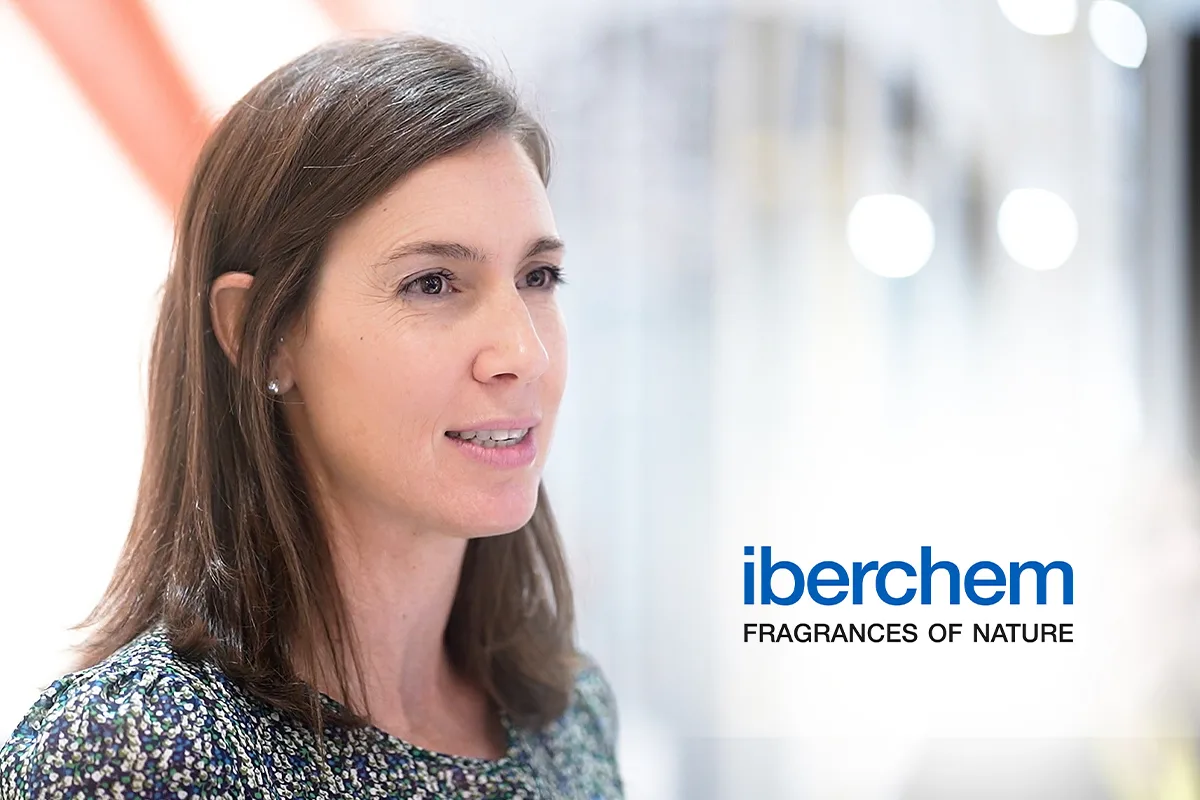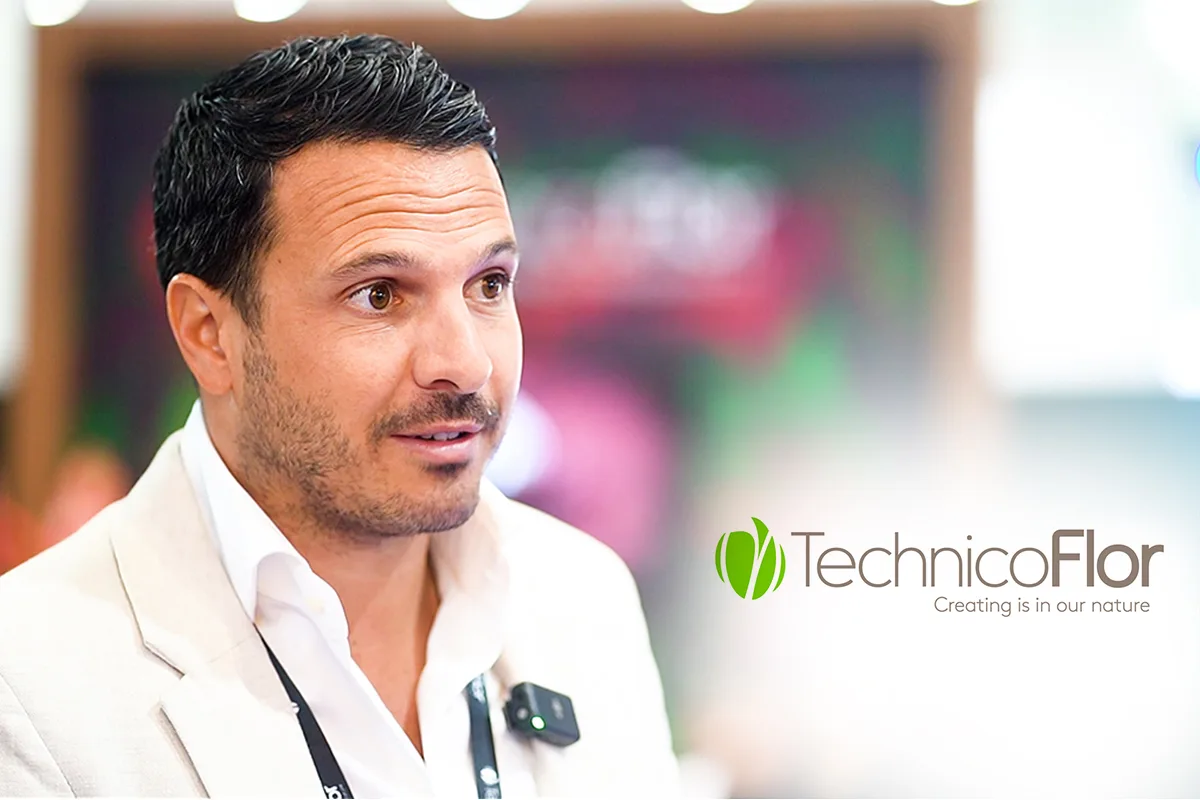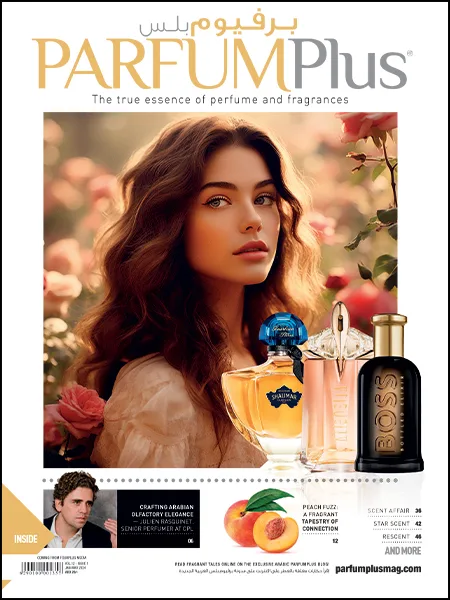With more than three decades of experience, Michel Almairac has worked with some of the leading perfumery brands in the world and is currently associated to Robertet
Michel Almairac started learning about the art of perfume making at the Roure School in 1972. Inspired by his search for new brands, Michel Almairac is known to combine modern notes to a classical structure. Associated to Robertet since 1998, the master perfumer has given the world many iconic fragrances. In conversation with ParfumPlus, the ace perfumer shares his insight on his association to Robertet, perfumes and the evolution of the fragrance industry.
ParfumPlus (PP): Do you think your birth in Grasse, the perfume capital of the world, influenced your decision to become a perfumer?
Michel Almairac (MA): Grasse happens to be the perfume capital of the world. Being born there meant that I was going to be surrounded by scents and so the influence of perfumes was pretty obvious. When I was just 15 years old, I realised that I harboured a keen desire to discover the secret and magical world of creating perfumes. Ever since, I have simply pursued that desire.
PP: Tell us, what does a perfume mean to you?
MA: To me a perfume is above all, an emotion.The particularity of smell is that it is one of the senses which envelop you completely in a blanket of personal memories. In fact, scents possess the unique ability to evoke memories of moments engraved in the mind.
PP: How has Robertet evolved as a brand, in the last decade?
MA: My association to Robertet dates back to 1998. The very interesting aspect of this association is that Robertet has evolved in time while preserving its heritage and its historical expertise.It is a unique combination of new technology mixed with the strong culture of natural raw materials that differentiates Robertet from others.
PP: Tell us a little about the inspiration behind the unique composition of the Chloe fragrance?
MA: My idea was to create a romantic flower. The brief drawn up by Chloé described an airy ambience, veils, muted light and a boudoir scent. They wanted flowers, especially rose, which best illustrates the romantic aspect of any fragrance. As for me, I tried to remain as faithful as possible to the scents of the selected flower extracts and the original fragrance of the flowers themselves.
PP: What according to you is the signature trait that defines the beauty of a fragrance?
MA: Like music, perfumery uses the same notes over and over again, but what makes a fragrance unique, is the way in which they are combined.
PP: Which is your favourite ingredient to work with and why?
MA: I have no personal favourite; I am always on the look-out for a new combination in order to create the right olfactive signature. To me, creating a fragrance is like cookery or painting. Even though a chef may favour certain ingredients, is the the combination that makes all the difference. Often, perfumers have a certain fondness for some ingredients. However, I believe that the ones they like less are simply because these are the ingredients that they have not understood properly.
PP: You are known to keep your formulas simple and have still managed to create various iconic fragrances in the years that have gone by. Is their any specific reason to do so?
MA: The perfume must be the quintessence of a brand universe. I believe that when very few ingredients go into the composition of the formula, the fragrance created will be unique, distinctive and recognisable. A strong signature closely linked with the brand, this is my vision when I set out to create a fragrance. Achieving this can require an incredible number of experiments, often lasting several years, but the end result makes it worth the effort.
PP: How has your experience been working with so many brands?
MA: It has been a great experience working with so many brands. To me, each project is different, each brand universe is a new playground where I can express my creativity.
PP: What is your take on the evolution of perfume, globally as well as in the Middle East?
MA: I would say that the biggest boon of this evolution is in the form of legislation. Previously, there were various constraints and restrictions on the use of certain raw materials which reduced the olfactory palette and forced us to formulate differently.
PP:How do you think the access of more tools and techniques has affected a perfumer’s creative instincts?
MA: Robertet, leader in natural raw materials, specialises in using innovative extraction systems that bring new natural raw materials closer to nature which in turn boosts our creative expression.Additionally, new raw materials allow me to renew my creation and add that missing touch so that the accords achieve their desired result.
PP: From amongst your many creations, which is your favourite and why?
MA: Once again, I don’t have a personal favourite. For me, all of my creations have a unique story to tell and represent a special moment in my life.
PP: Any new fragrances that you are currently working on and would want to share details about?
MA: That’s a secret…






